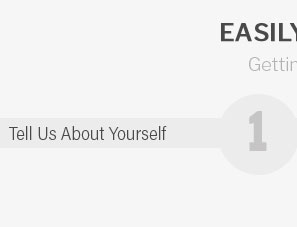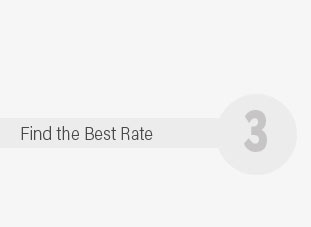 |
 |
 |
|---|
 |
 |
 |
 |
|---|
 |
 |
 |
 |
 |
 |
|---|

Understanding Individual Health Insurance PlansIndividual health insurance plans have become an essential consideration for many, especially in the ever-evolving landscape of healthcare. As opposed to group plans typically offered by employers, individual plans are purchased independently and tailored to personal needs. This flexibility is one of their most significant advantages. However, navigating the myriad options available can be daunting, requiring a keen eye for detail and an understanding of one's own healthcare requirements. Before delving deeper, it is crucial to recognize why someone might choose an individual plan over other types of health insurance. Primarily, these plans offer customization that is often unavailable in employer-sponsored plans. You have the liberty to select a plan that aligns closely with your health needs, budget constraints, and preferred healthcare providers. Furthermore, individual plans can serve as a lifeline for those who are self-employed or whose jobs do not provide health benefits. When considering individual health insurance, several factors come into play. Coverage is undoubtedly the most significant aspect. It is imperative to assess what medical services are covered, including doctor visits, hospital stays, preventive care, and prescription drugs. Equally important is the network of healthcare providers; a plan with a vast network offers more choices and flexibility in selecting physicians and specialists.
Moreover, with the advent of the Affordable Care Act (ACA), individual health plans have undergone substantial changes. The ACA mandates that these plans cover ten essential health benefits, including emergency services, maternity and newborn care, mental health services, and more. This comprehensive coverage is a significant advantage for many policyholders. In evaluating plans, one might notice that insurance companies offer various plan categories, typically referred to as metal levels: Bronze, Silver, Gold, and Platinum. Each tier represents a different cost-sharing structure between the policyholder and the insurer. Bronze plans often have lower premiums but higher costs when care is needed, while Platinum plans, though expensive in terms of premiums, offer lower out-of-pocket costs. Choosing the right category depends on personal health care usage patterns and financial considerations. Another important feature to consider is the availability of subsidies for eligible individuals, which can significantly reduce premiums and out-of-pocket expenses. These subsidies are income-based and have made individual plans more accessible to a broader audience. Ultimately, choosing an individual health insurance plan is a highly personal decision that requires balancing financial capacity with health needs. It's not merely about finding a plan that provides the most coverage, but one that offers the right coverage at an affordable price. As you embark on this journey, it is advisable to thoroughly research, compare plans, and perhaps consult with a licensed insurance broker to ensure that the plan you select is the best fit for you and your family. In conclusion, individual health insurance plans offer a wealth of options and possibilities. They provide a unique opportunity for individuals to craft a healthcare safety net that truly meets their personal needs and financial realities. While the task of selecting the right plan might seem overwhelming, a thoughtful approach can lead to a choice that offers peace of mind and protection in times of need. https://www.aetna.com/individuals-families.html
The member's benefit plan determines coverage. Some plans exclude coverage for services or supplies that Aetna considers medically necessary. Please note also ... https://www.anthem.com/individual-and-family/health-insurance
Silver health insurance plans have average monthly payments but a lower deductible than a Bronze plan. These plans are ideal for individuals and smaller ... https://www.cigna.com/
Cigna Healthcare offers health insurance plans such as medical and dental to individuals and employers, international health insurance, and Medicare ...
|
|---|